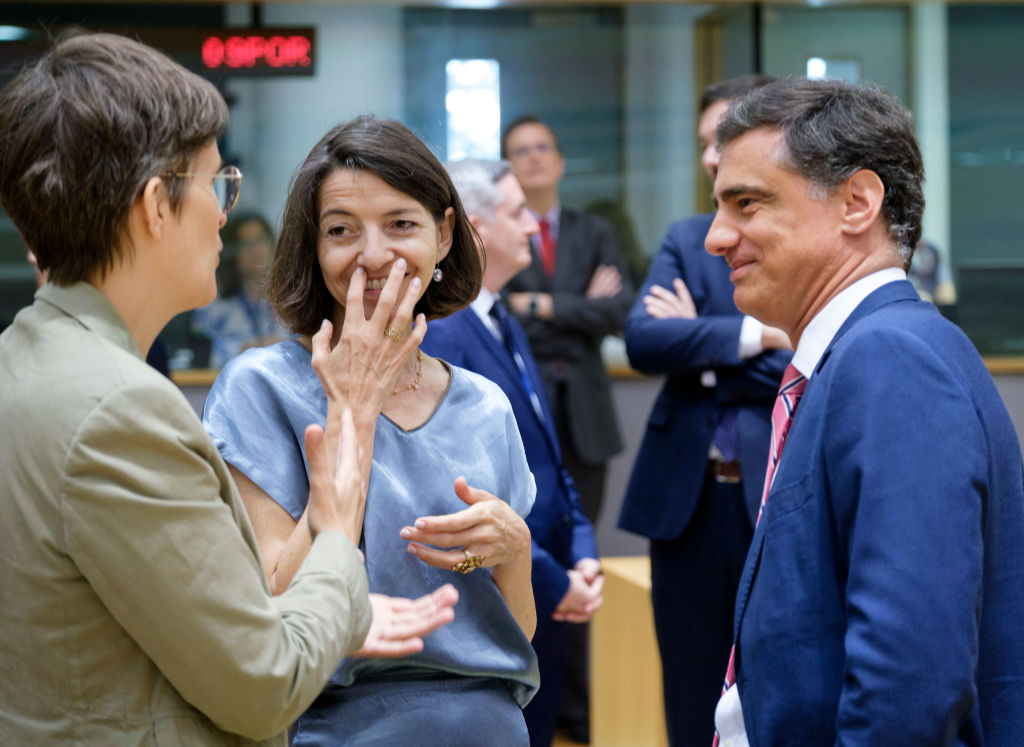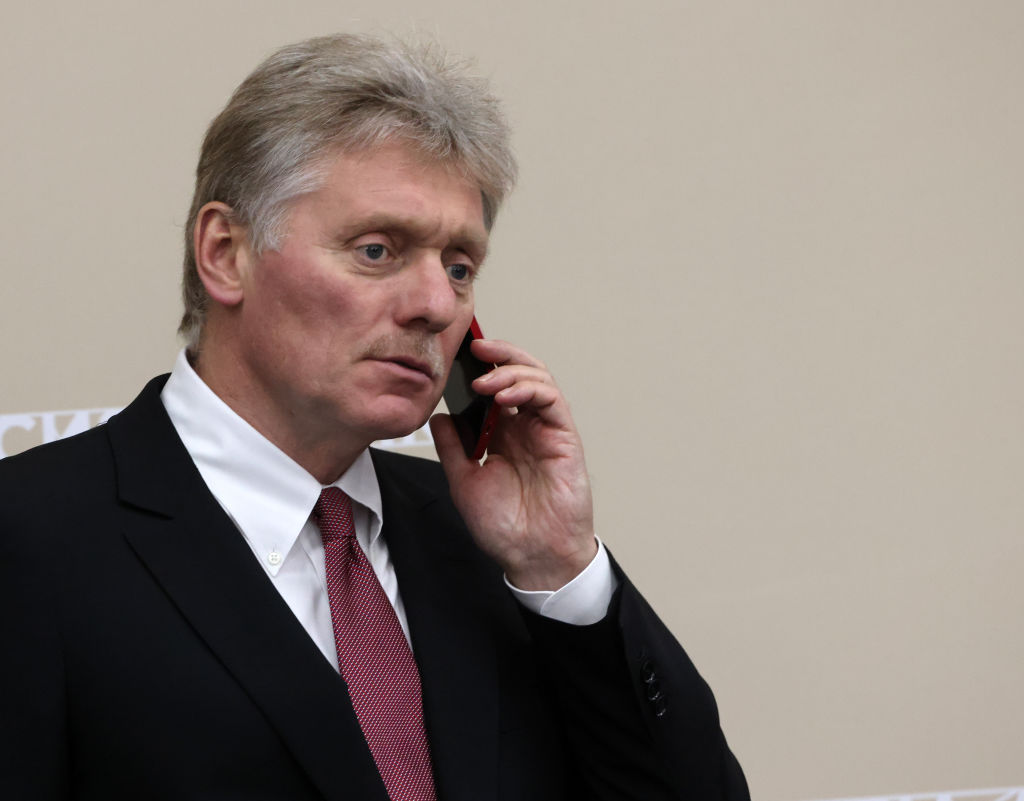Ukraine joining the European Union would set the bloc’s finances back by up to €190 billion over its budgetary term, a German think-tank has claimed.
In a report published on December 11, the Cologne Institute for Economic Research (IW) warned that the EU will need to rethink its financial commitments if it wants to admit Ukraine, with the price tag of its joining set to be equivalent to around one-fifth of the bloc’s 2021-2027 budget.
According to the document, accepting Ukraine into the EU fold would see the country become entitled to between €70 and €90 billion in agricultural funding over the bloc’s budgetary period (at least five years).
The new Member State would also be entitled to between €50 to €90 billion in cohesion policy funding, a programme that hands funding to poorer EU nations.
Combined with other smaller expenses such an enlargement would incur, the think-tank concluded that the country would cost the European budget somewhere between €130 and €190 billion, also within the five-six year timescale, which it said was in line with estimates previously made by other organisations.
The Ukrainian Parliament has approved three bills necessary to start European Union accession talks, including one on national minorities’ rights, a critical demand from Hungary which opposes Ukraine’s EU bid. https://t.co/bJTSGeQ4Ey
— Brussels Signal (@brusselssignal) December 8, 2023
The IW paper went on to note that the higher cost will necessitate changes to the European budget.
According to the experts, the bloc seems to have two choices; to increase the funding allocated to the EU’s long-term budget or reallocate existing resources.
“A shift in the EU budget could help provide the necessary financial resource,” the think-tank wrote, saying that a reworking of cohesion spending “limited to poorer member states” would make another €140 billion available.
“A reallocation of cohesion policy would therefore make a significant contribution to covering the costs of Ukraine joining the EU,” it added.
The IW’s prediction comes at a difficult time for Brussels as Eurocrats wrestle with Hungary Prime Minister Viktor Orbán and his officials on allowing talks about Ukraine’s possible EU membership.
According to Orbán, any discussions on Ukrainian accession are doomed to failure, as there is no consensus among Member States.
European Council President Charles Michel has struggled to get Hungary to budge ahead of a major summit set to take place in Brussels on December 14 and 15.
Biden is bringing dominoes back into play – but the theory was wrong in Vietnam and it is wrong in Ukraine, writes M E Synon. https://t.co/17upwHI4q9
— Brussels Signal (@brusselssignal) December 11, 2023





